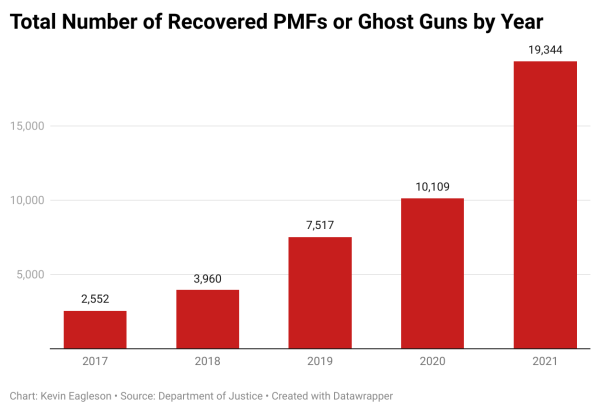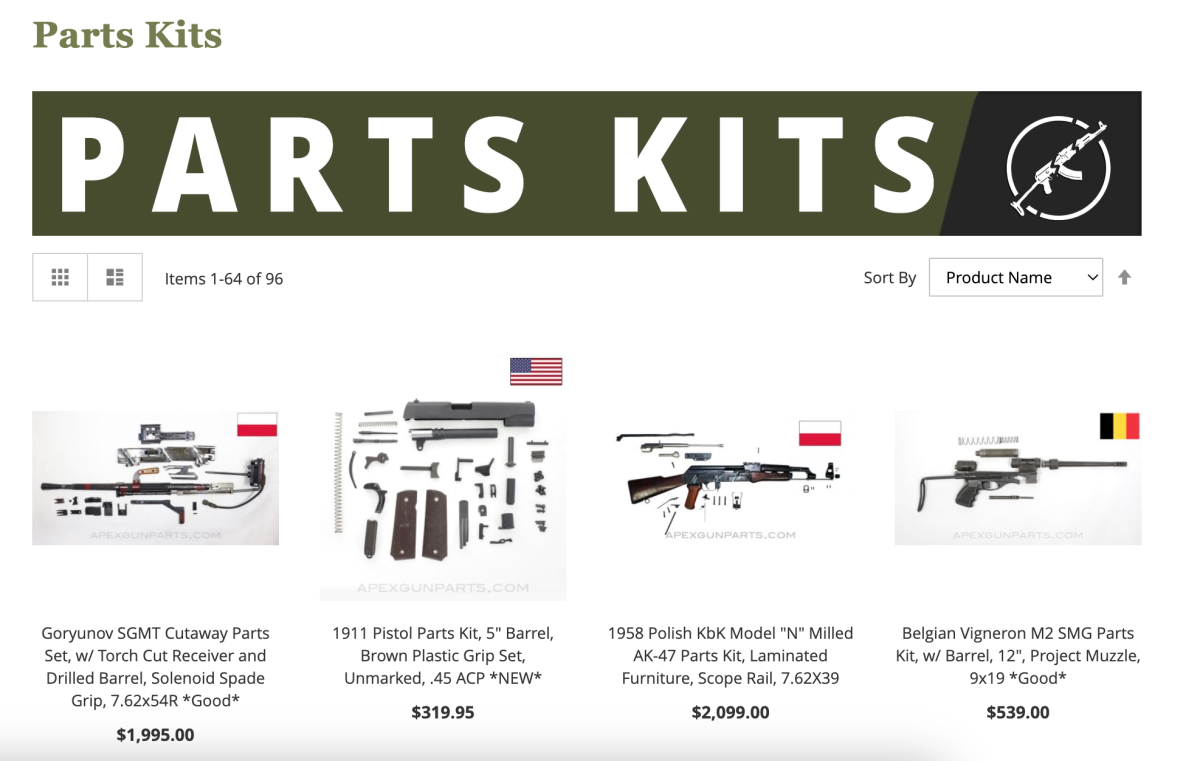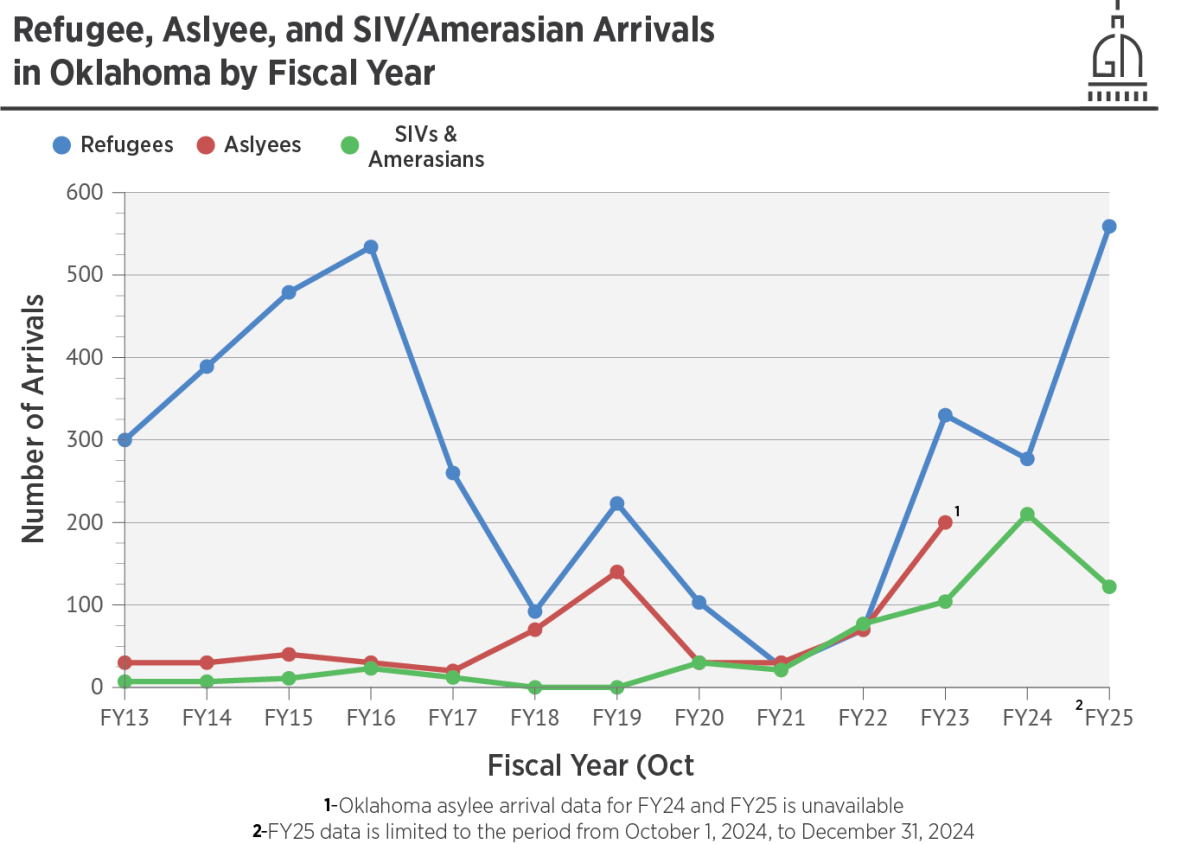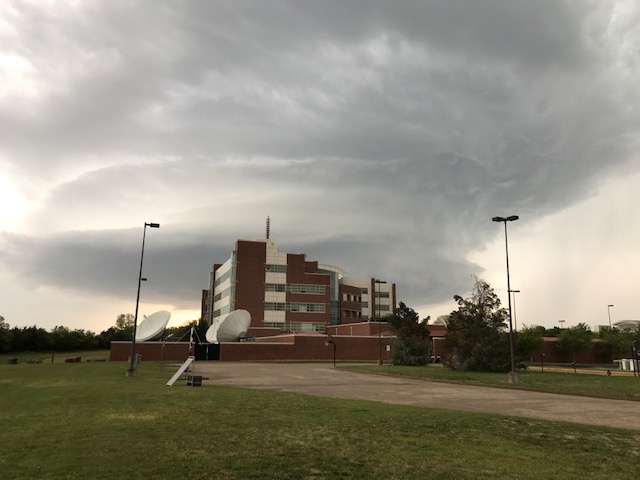WASHINGTON – The Supreme Court will hear oral arguments on Tuesday, Oct. 8, in a case to determine if weapon parts kits can be regulated by the Bureau of Alcohol, Tobacco and Firearms.
The case is a legal battle to determine whether the ATF can regulate weapon parts kits in the same way as commercial firearms.
The kits and parts include frames and receivers and can be used to construct ghost guns or privately made firearms, which are firearms that are difficult to trace because they are unregistered and the parts do not have serial numbers.
In 2022, the ATF released a clarified definition of “firearm” to include weapon parts kits under the Gun Control Act of 1968. The clarified definition aims to subject weapon parts kits dealers to the same regulations as typical firearms dealers.
After the announcement of the rule, firearms owners, advocates and manufacturers challenged it in federal court in Fort Worth. In June 2023, U.S. District Judge Reed O’Connor issued a ruling barring the ATF from enforcing the rule.
Following O’Connor’s ruling, The Supreme Court granted a stay in a five to four ruling, allowing the ATF to enforce the rule.
In November 2023, the 5th Circuit Court of Appeals heard the case and upheld O’Connor’s ruling. The Biden administration then asked the Supreme Court to ultimately decide if weapon parts kits are firearms that can be regulated by the Gun Control Act of 1968.

Gun Control Act of 1968 and the ATF Rule
The Gun Control Act currently defines a firearm as any weapon which will or is designed to or may readily be converted to expel a projectile by the action of an explosive.
The act imposed licensing requirements for gun manufacturers and dealers. It also created requirements that manufacturers and dealers maintain a record of sales and transfers, run background checks and make their products with serial numbers.
Arguments
Both sides of the case, Merrick B. Garland Attorney General, et al., v Jennifer VanDerStok, et al., are at odds over virtually every aspect. The plaintiffs argue that weapon parts kits can be quickly assembled by anyone with rudimentary skills and basic tools. The defendants argue that this is not the case.
The ATF suggests their interpretation of the act is common sense comparing the matter to taxing furniture sold at IKEA but not taxing furniture kits.
Oklahoma Attorney General Gentner Drummond signed onto an amicus curiae brief signed by 26 other state Attorney Generals urging the court to affirm the decision of the U.S. Court of Appeals 5th Circuit.
“In trying to squeeze ‘weapon parts kits’ within the meaning of GCA’s (Gun Control Acts) definition of ‘firearm,’ ATF is once more trying to stretch its enabling statutes too far,” the brief said.
The Constitutional Accountability Center filed an amicus curiae brief urging the court to reverse the U.S. Court of Appeals 5th Circuit’s decision and allow the ATF to enforce the rule.
In the brief, the Constitutional Accountability Center argues the language of the Gun Control Act of 1968 is broad enough to include weapon parts kits.
Impact of “Ghost Guns”
In 2022, Andrew Scott Pierson, of Jay, Oklahoma, was sentenced to 12 years in prison for his role in a conspiracy that resulted in the manufacturing and trafficking of ghost guns to two different cartels in Mexico.
According to a Department of Justice press release, Pierson acquired weapon parts and used them to construct fully operable weapons for cartels in Mexico.
Weapon parts kits sold by Apex Gun Parts can be purchased for less than $100 for used parts and over $5,000 for new kits for weapons such as Colt 601 M16s.
According to the Department of Justice, there were a suspected 19,344 privately made firearms recovered by law enforcement in 2021 compared to 1,758 in 2016. From January 2016 to December 2021, the ATF received approximately 45,240 reports of privately made firearms recovered by law enforcement. In the same time period, privately made firearms have been found in 692 homicide or attempted homicide investigations.
Kevin Eagleson is reporting from Gaylord News’ Washington bureau this fall as part of an OU Daily scholarship.
Gaylord News is a reporting project of the University of Oklahoma Gaylord College of Journalism and Mass Communication. For more stories by Gaylord News go to GaylordNews.net







